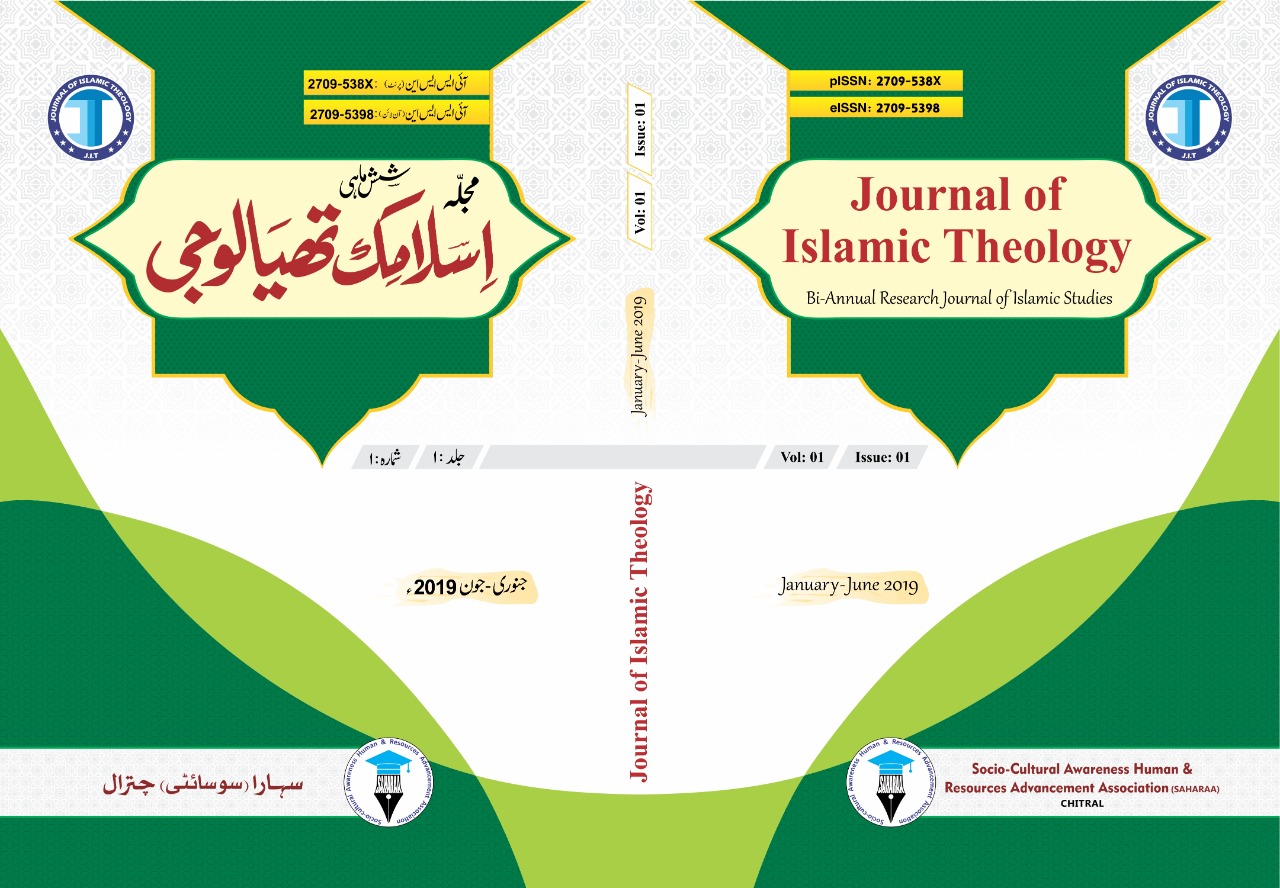عصرِ جاہلی میں فنِ قصہ ، وصیت اورسجع ِ کاہن کاتجزیاتی مطالعہ
Analytical Study to the Art of story, will, and sacerdotal words in the illiterate era
Abstract
The Arabic literature, from very past, is divided into two basic parts: prose and poetry. It will not be wrong if we say that this partition is found even in the illiteracy era (Jahilliat). The poetry is given more attention to be listened, sung and remembered than prose. Poetry is celebrated as universal genre and prose remained subordinate to it as the focus is on metrical language. Apart from this practiced attitude, some prosaic arts are transferred from generation to generation as the illiteracy era is almost dependent on oral narration. Later on, we see when literature is properly compiled in omade and abases eras, these arts is defined for in order to realize their differences and put them down into their relevant chapters. Amongst these arts, there are three famous interesting arts (will, story and sacerdotal words), which are dealt in this article in a research way; with explanation of its historical background, known authorities and examples. This articles also contains on some prior necessary topics relevant to prosaic literature. The articles is made in descriptive manner in Urdu language. The purpose of the study is to make Urdu literates know the very arts of illiterate era, with hope that this may contribute some new to Urdu speakers’ and writers’ knowledge.

Downloads
Published
How to Cite
Issue
Section
License
Copyright (c) 2021 Journal of Islamic Theology

This work is licensed under a Creative Commons Attribution 4.0 International License.




 This work is licensed under a
This work is licensed under a 